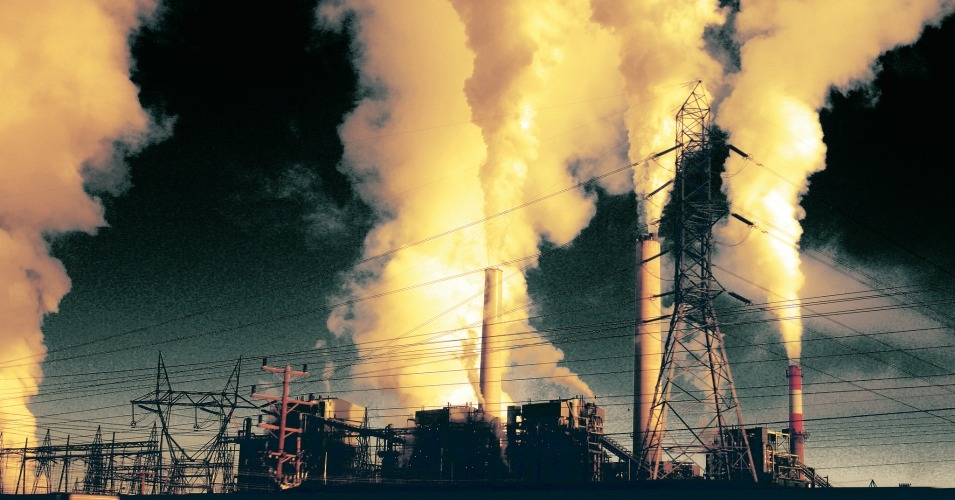Rural America grows the food, harvests the timber and produces the power essential to the survival of urban America. Factory farms work fields as far as the eye can see drawing water from the surrounding settlements and forests. Power plants are sited on once pristine environments while forested mountainsides are cut away to mine the coal to fuel them far from the view of urban centers.
Mighty river arteries are dammed, wildlife refuges flooded while coastal fishermen see their livelihood severely affected. Millions of acres of timber are cleared through rural farms, ranches, small towns and homesteads to erect transmission lines and lay pipelines to deliver power to dense population centers. Taking all this into account a single metropolitan apartment dweller may leave a larger environmental footprint than a rural counterpart living on a couple of acres.
Rural America supports their urban brethren in another way as well. While it was urban America that was attacked on September 11, 2001 military enlistment demographics show that it is predominantly white, rural farm kids risking life and limb on the ground in Iraq and Afghanistan. It is rural America fighting the war and suffering the losses.
We are all Americans contributing to the welfare of all so these facts mean nothing until it comes time to count ballots. As rural Americans we have less say in such issues as natural resources, land use, timber harvest practices and foreign, domestic and economic policy.
Not surprisingly rural and urban America vote differently on many divisive issues. In Oregon most statewide policies are decided by three counties, Multnomah, Lane and Washington. The remaining 33 sparsely populated and geographically diverse counties must accept the consequences.
To support an economy based upon a model dependent upon continued growth, massive energy corridors are planned for the eleven western states. Essentially fossil fuel corridors these energy routes, up to two thirds of a mile wide, are made up of oil, gas and hydrogen pipelines and high voltage transmission lines connecting to coal powered generation plants.
Proposed for Oregon are hundreds of miles of multi-modal lines most impacting the Harney Basin in southeastern Oregon. The population of most rural Oregon counties, including Coos has not grown significantly the last decade and the expected increase demand is for urban centers.
This would appear to be a huge step backwards in energy production and management. Notwithstanding the environmental impact making a massive capital investment toward infrastructure to support a finite fuel source is folly. Once again it will be rural Americans who bear the bulk of the burden if these fossil fuel corridors go through.
Strict adherence to the centralized energy paradigm won’t benefit urbanites either but being less directly impacted by the environmental damage and fearful of possible shortages may not support rural opposition to such an invasive energy plan. It is time for rural America known for its gritty individualism and rugged independence to dig in its heels and stop carrying water.
As rural communities what we lack in numbers we make up for in space for flexibility, innovation and new concepts. We are not bound by the confines of apartment walls, city regulations and boxed thinking. Rural America can implement and model new paradigms in energy independence and reduce the export of local dollars at the same time by decentralizing power locally.
A utility company CEO told me recently that he believes we will be fighting wars over electrons domestically within a couple of decades unless we make drastic changes. The Enron disaster was an economic war but future energy wars would be much more violent and are happening now in other countries.
Rural America will bear the cost of energy management in any event. My hope is that we put rural farm kids to work engineering energy independence which would preclude the need to fight in foreign lands. Either way, I believe it is up to rural America to save our environment and our country and it will be rural America not Congress that ultimately brings our troops home.


